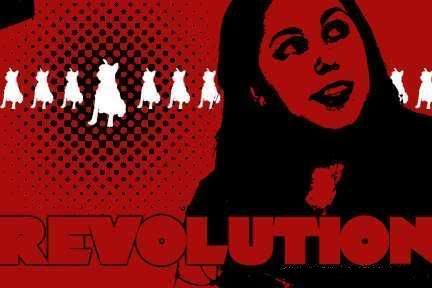Post by RS Davis on Mar 31, 2004 0:41:50 GMT -5
I was listening to the Sean Hannity Show on the radio today. Sean had on somebody who was saying that the First Amendment's protections against a State Religion applied only to the lawmakers in Congress, that the states were free to do as they pleased in their own constitutions.
Upon rereading the Bill of Rights, it seems he may have had a point. I know the traditional reading is that the first ten Amendments apply to individuals, and give across-the-board protection from all levels of government.
But there is something different about that First Amendment. Unlike the other nine, it specifies that Congress shall make no law, with no other qualifying information to deliniate it's role in restraining state governments. The others specifically enumerate rights that are not to be infringed upon, without specifically stating who the Amendment is to bind. This, I think, give the nine universality.
But if this strict reading is to be correct, this presents other problems. It would seem, then, that state governments also have the right to abridge your freedom of speech, or of the press; or the right of the people peaceably to assemble, and to petition the government for a redress of grievances. That hardly seems what the founders would have wanted.
But, still, I am stuck on the language.
Any comments?
- Rick
[glow=red,2,300]Amendment I
Congress shall make no law respecting an establishment of religion, or prohibiting the free exercise thereof; or abridging the freedom of speech, or of the press; or the right of the people peaceably to assemble, and to petition the government for a redress of grievances.
[/glow]
Congress shall make no law respecting an establishment of religion, or prohibiting the free exercise thereof; or abridging the freedom of speech, or of the press; or the right of the people peaceably to assemble, and to petition the government for a redress of grievances.
[/glow]
Upon rereading the Bill of Rights, it seems he may have had a point. I know the traditional reading is that the first ten Amendments apply to individuals, and give across-the-board protection from all levels of government.
But there is something different about that First Amendment. Unlike the other nine, it specifies that Congress shall make no law, with no other qualifying information to deliniate it's role in restraining state governments. The others specifically enumerate rights that are not to be infringed upon, without specifically stating who the Amendment is to bind. This, I think, give the nine universality.
But if this strict reading is to be correct, this presents other problems. It would seem, then, that state governments also have the right to abridge your freedom of speech, or of the press; or the right of the people peaceably to assemble, and to petition the government for a redress of grievances. That hardly seems what the founders would have wanted.
But, still, I am stuck on the language.
Any comments?
- Rick








